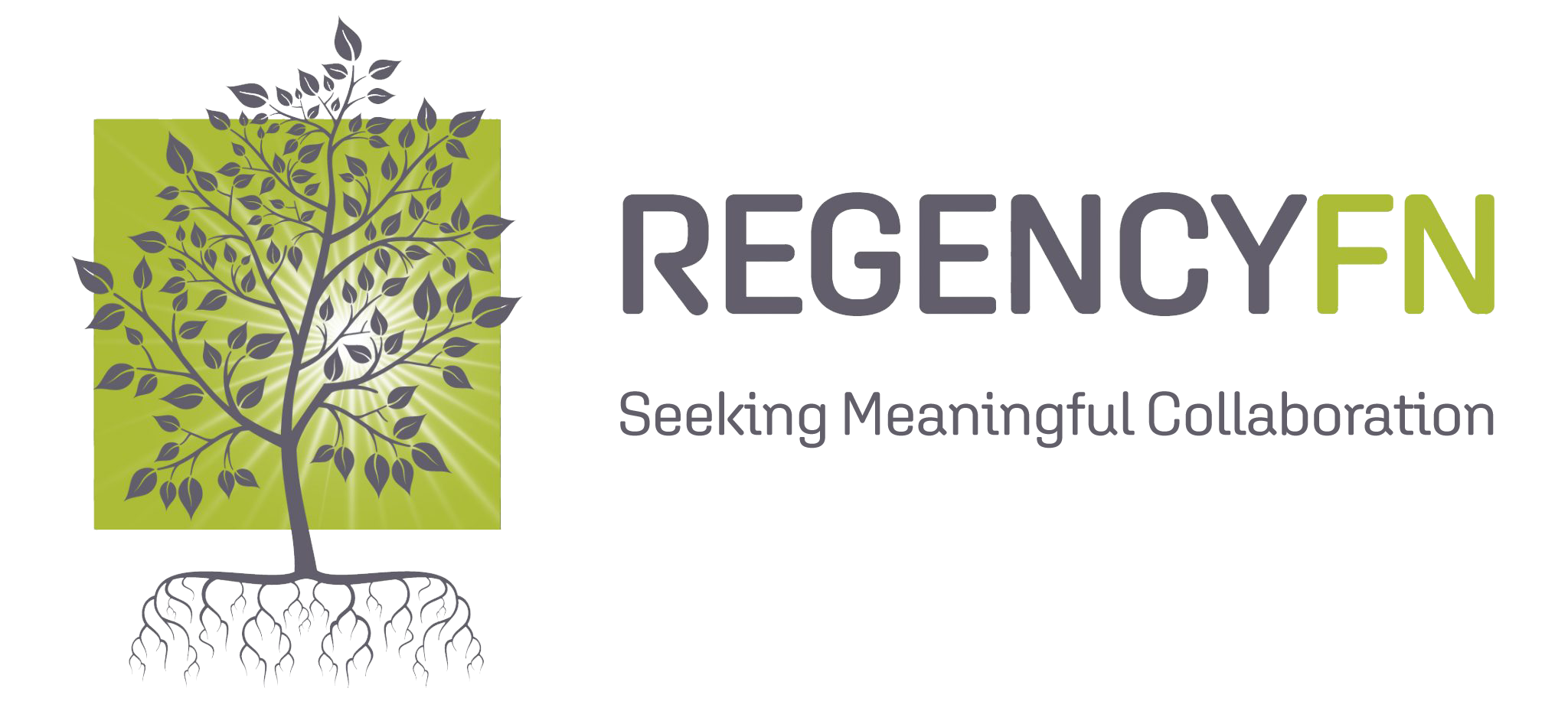Education Enhancing Lives in Thailand
»» Being between wind and water or thrown to the wolves; being susceptible to physical harm, injury, damage or danger: that is the state of being vulnerable. Such is the reality for many of the 3.7 million migrant workers found in Thailand. Yet, there is a portion of this already exceptionally vulnerable group that is even more at risk: the children that accompany their parents to this new life.
Originating from countries like Myanmar, Laos and Cambodia, they flee ethnic cleansing, persecution and poverty. There are a staggering 60 000 migrant children affiliated with construction sites in Thailand alone. Country Director for UNICEF Thailand, Thomas Davin, says that these children have a handicap from the beginning. Having to adapt to a new culture, with a new language and way of life, let alone parents who are working long hours, creates an extreme need for protection and support. It’s a massive problem needing bold and creative solutions to alter its course.
Sansiri PLC, one of Thailand’s foremost property developers, and a key employer of migrant workers have come up with a unique answer to the plight of these children. Not put off by the scale and seriousness of the situation, Sansiri has partnered with UNICEF Thailand and the Baan Dek Foundation/Kids Home. Together they have put a ground-breaking initiative into place, called ‘The Good Space’.
The Good Space, a child-friendly space, is based at the Sansiri Construction Worker’s camp in Chiang Mai and has three important goals: children’s safety, education and health care. It offers excellent educational and social support, whilst simultaneously providing shelter to the children during their parents’ workday.
Social Media Vignette
Kids Home (Baan Dek Foundation) have supplied the centre with teachers who developed a curriculum that prepares the children to attend regular school, teaching them the Thai language, maths and science. Sansiri also collaborates with The Ministry of Public Health and the World Health Organization to provide vaccination to children living inside these construction camps.
Children like Dao Sai and Mai, both hard-working and diligent students, are offered the chance of a future much brighter than that of their parents. Mai did so well at school that he was offered a scholarship and wisely says, “Good students can go everywhere and find a job easily”. Dao Sai’s father had no education himself and relishes the evenings when his daughter reads to him and tells him what she learnt at school that day. Her writing demonstrations bring him much joy and pride.
Suddenly these children change from being greatly vulnerable, to children with a solid chance at a bright future. Everyone involved would like the powerful impact of Sansiri’s leading example to be adopted as standard industry practice, thereby changing the lives of thousands more.
